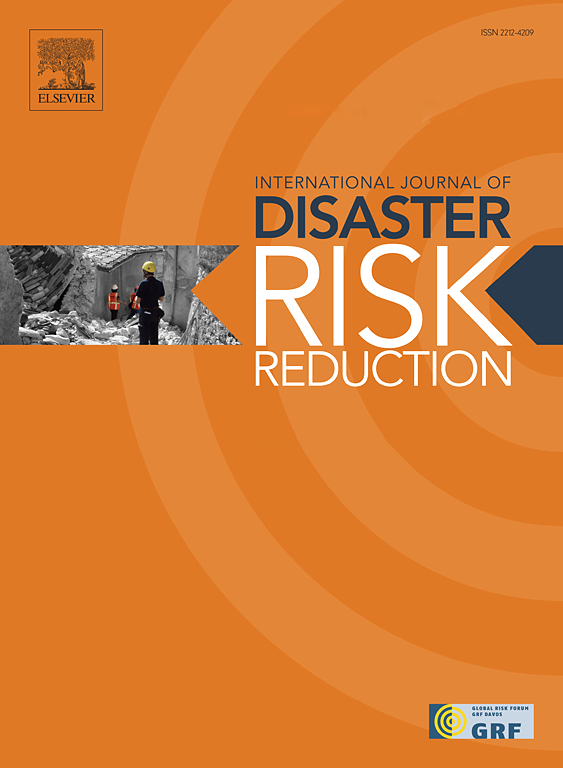Published online: 4 August 2023
Authors: Dilli Prasad Poudel, Sophie Blackburn, Rojani Manandhar, Binod Adhikari, Jonathan Ensor, Anushiya Shrestha, Netra Prasad Timsina
Available at: https://doi.org/10.1016/j.ijdrr.2023.103924
Abstract
This paper examines the impact of rapid urbanisation on the production of unequal disaster risk in Khokana, peri-urban town in the Kathmandu Valley, Nepal. It brings together scholarships in disaster risk creation and urban political ecology, asking: (1) what are the roots of Khokana’s specific urbanisation trajectory; (2) how is this trajectory altering geographies of hazard risks in Khokana; and (3) how is this risk unevenly distributed between social groups. The data reveal overlapping forms of risk and precarity affecting residents’ (long-standing and migrants) everyday lives, in ways that disproportionately impact already-disadvantaged and marginalised groups. These unequal risk geographies are related to the specific forms and processes of urban growth occurring in Khokana, fuelled by three powerful, interconnected pressures: neoliberal capitalist expansion, internal migration, and a strong developmental state. We characterise the resulting form of urbanisation as ‘haphazard’: a patchwork of planned and unplanned developments, with inadequate attention to hazard risk, livelihood stability and essential services. The paper advances understanding of the place- and historically-specific ways that hazard risk intersects with social, political and economic forces to produce disaster risk in rapidly-urbanising centres. We extend calls for more situated UPE analysis and call for greater, more granular attention to forms of haphazard urbanisation and their uneven risk-producing qualities. We conclude an urgent need to reimagine urban development as a political and economic project, and for future urban planning to pay deliberate and deliberative attention to risk factors, both in KV and in other rapidly urbanising areas of the global South.







